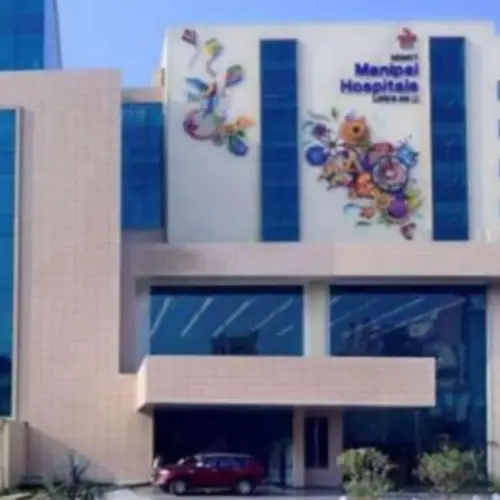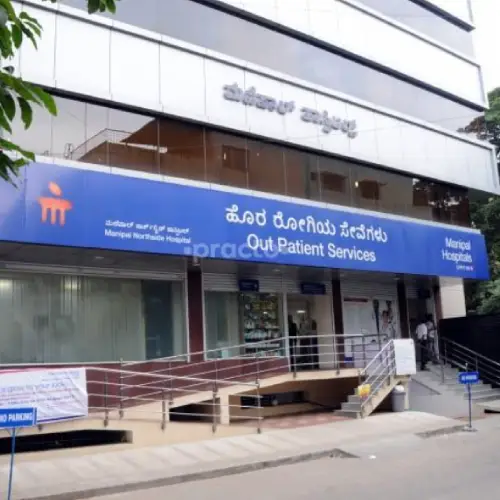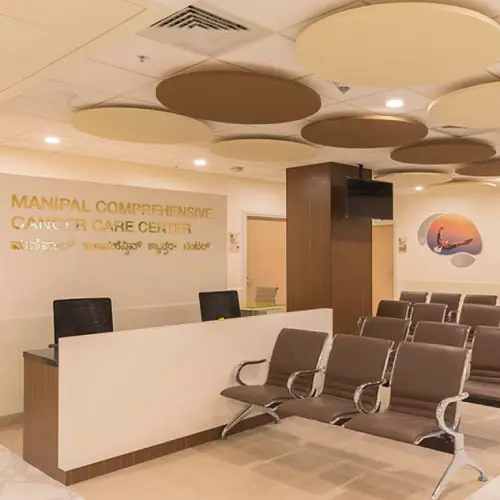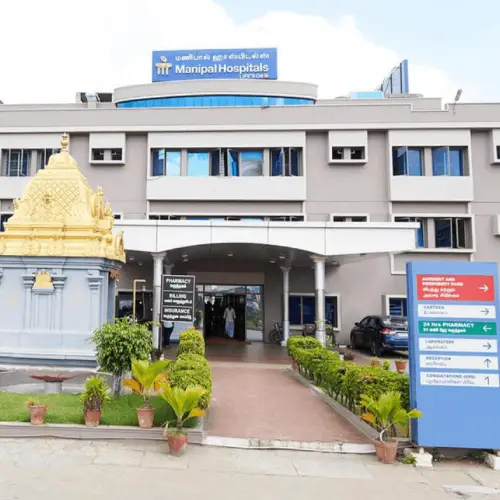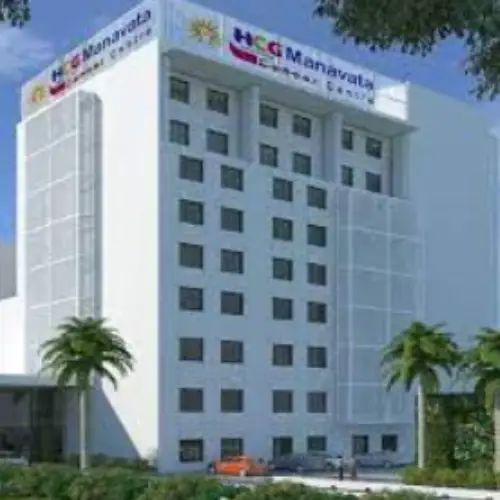Multiple Sclerosis
Multiple Sclerosis
What is Multiple Sclerosis?
Multiple Sclerosis (MS) is a chronic, inflammatory, autoimmune disease that affects the central nervous system (CNS), which includes the brain and spinal cord. It is characterized by the immune system mistakenly attacking the myelin sheath, a protective covering of nerve fibers. This damage disrupts the normal flow of nerve impulses, leading to a wide range of symptoms.
Types of Multiple Sclerosis
MS manifests in several forms, each with its own pattern of progression:
- Relapsing-Remitting MS (RRMS): The most common form, characterized by clear relapses of symptoms followed by periods of partial or complete remission.
- Secondary-Progressive MS (SPMS): Follows an initial relapsing-remitting course and then transitions to a steady, progressive worsening of symptoms.
- Primary-Progressive MS (PPMS): Characterized by a gradual progression of symptoms from the onset without early relapses or remissions.
- Progressive-Relapsing MS (PRMS): A rare form with steady disease progression and occasional acute relapses.
Symptoms
The symptoms of MS can vary widely among individuals and depend on the location and extent of the nerve damage. Common symptoms include:
- Fatigue: A persistent sense of exhaustion that is not proportional to activity levels.
- Numbness or Tingling: Often in the limbs or face.
- Muscle Weakness and Spasms: Particularly in the legs.
- Mobility Issues: Difficulty with coordination and balance, sometimes leading to walking problems or even paralysis.
- Visual Problems: Blurred or double vision, or even partial or complete loss of vision.
- Cognitive Impairment: Problems with memory, attention, and executive function.
- Pain: Chronic pain, often neuropathic in nature.
- Bladder and Bowel Dysfunction: Urgency, frequency, or incontinence.
- Emotional Changes: Depression, mood swings, and irritability.
Causes and Risk Factors
The exact cause of MS is unknown, but it is believed to result from a combination of genetic and environmental factors:
- Genetics: A family history of MS can increase the risk, though there is no single gene responsible.
- Immune System: Abnormal immune response leading to inflammation and damage to the CNS.
- Environmental Factors: Low levels of vitamin D, smoking, and previous infections (such as Epstein-Barr virus) have been associated with an increased risk of developing MS.
- Geographical Factors: Higher prevalence in regions farther from the equator, suggesting a link with sunlight exposure and vitamin D levels.
Diagnosis
Diagnosing MS involves a combination of clinical evaluation, imaging, and laboratory tests:
- Medical History and Neurological Examination: Assessing symptoms and conducting a detailed neurological exam.
- MRI Scans: Detecting lesions or areas of damage in the CNS.
- Evoked Potential Tests: Measuring electrical activity in response to stimuli to assess nerve function.
- Lumbar Puncture (Spinal Tap): Analyzing cerebrospinal fluid for abnormalities associated with MS.
- Blood Tests: Ruling out other conditions that may mimic MS.
Treatment and Management
While there is no cure for MS, various treatments can help manage symptoms, modify the disease course, and improve quality of life:
Disease-Modifying Therapies (DMTs):
- Injectable Medications: Such as interferons and glatiramer acetate.
- Oral Medications: Including fingolimod, dimethyl fumarate, and teriflunomide.
- Infusion Therapies: Like natalizumab, ocrelizumab, and alemtuzumab.
Symptomatic Treatments:
- Corticosteroids: To reduce inflammation during relapses.
- Muscle Relaxants: For spasticity and muscle stiffness.
- Pain Management: Medications for neuropathic pain and other pain syndromes.
- Physical Therapy: To improve mobility, strength, and flexibility.
- Occupational Therapy: Assisting with daily activities and adaptive techniques.
- Cognitive Rehabilitation: Strategies to manage cognitive impairment.
- Lifestyle Adjustments: Regular exercise, balanced diet, stress management, and adequate sleep.
Support and Coping Strategies
Living with MS requires comprehensive support:
- Support Groups: Connecting with others who have MS can provide emotional support and practical advice.
- Counseling and Therapy: For managing mental health issues like depression and anxiety.
- Assistive Devices: Mobility aids, adaptive tools, and home modifications to maintain independence.
- Caregiver Support: Resources and respite care for those caring for individuals with MS.
Research and Future Directions
Ongoing research is focused on understanding the causes of MS, improving existing treatments, and finding a cure. Key areas of research include:
- Biomarkers: Identifying biological markers for early diagnosis and monitoring disease progression.
- Regenerative Medicine: Exploring stem cell therapies to repair damaged myelin and restore function.
- Genetics and Immunology: Understanding the genetic and immune system contributions to MS.
- New Therapies: Developing more effective and safer treatments to control the disease and manage symptoms.
Conclusion
Multiple Sclerosis is a complex and unpredictable disease that poses significant challenges for those affected. With advancements in research, treatment options are improving, offering hope for better management and quality of life. Awareness, early diagnosis, and a comprehensive care approach are crucial in supporting individuals with MS and their families.
Best Hospitals for Neurological in India

At MediTours India, we stand as a distinguished leader in the realm of medical tourism, dedicated to transforming your healthcare journey into a seamless and transformative experience. With a commitment to excellence and a focus on your well-being, we pave the way for a new era of medical travel.
Contact Us
Address : C603 Jalaram Park LBS Road. Bhandup West Mumbai -400078 Phone : +91 9820344697 Email : ajit@meditoursindia.in
Copyright by indiameditours 2023. All rights reserved.


